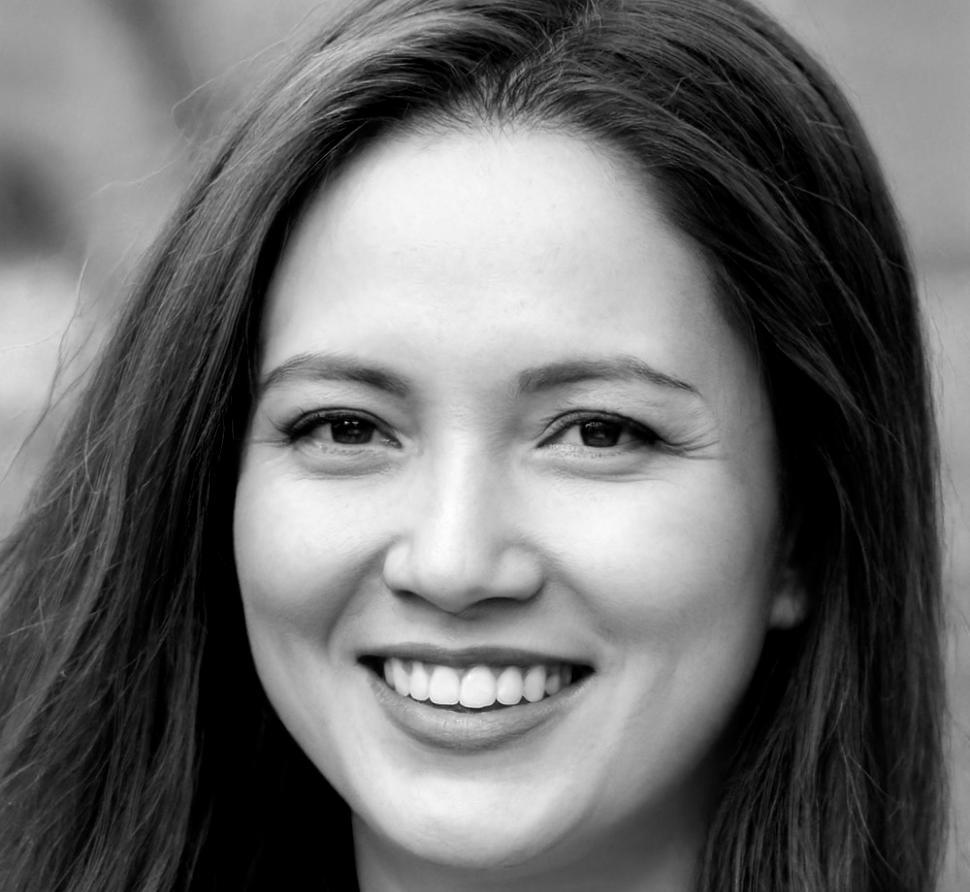Domina Tu Dinero Sin Estrés
Estrategias de presupuesto reales que funcionan para hogares españoles. Saltamos la teoría y vamos directo a métodos que puedes usar esta semana, porque tus metas financieras no deberían esperar a la perfección de un libro de texto.
Explora Nuestro Programa
Tres Cambios que lo Transforman Todo
La mayoría de los consejos de presupuesto tratan a todos por igual. Hemos descubierto que ese enfoque falla más de lo que triunfa. Esto es lo que enseñamos en su lugar: ajustes prácticos basados en cómo las personas realmente manejan su dinero.
Sigue Patrones, No Céntimos
Olvídate de registros detallados de gastos que nadie mantiene más allá de febrero. Aprenderás a identificar patrones de gasto a través de revisiones semanales simples que toman menos de diez minutos.
Construye Amortiguadores Primero
Antes de reducir gastos o establecer metas ambiciosas, te ayudamos a crear pequeños colchones financieros. Estos evitan el ciclo de "una emergencia lo arruina todo" que descarrila la mayoría de los planes de presupuesto.
Automatiza lo Aburrido
La fatiga de decisión mata los presupuestos más rápido que el gasto excesivo. Nuestros estudiantes configuran sistemas que manejan tareas financieras rutinarias automáticamente, ahorrando energía mental para lo que importa.

Por Qué Este Enfoque Funciona Cuando Otros No
- Consideramos flujos de ingresos irregulares y gastos variables, realidades comunes que la mayoría de los sistemas de presupuesto ignoran por completo.
- Nuestros métodos se adaptan a medida que tu vida cambia, en lugar de forzarte a encajar en categorías rígidas que dejan de tener sentido.
- Entenderás la psicología detrás de tus hábitos de gasto, que resulta ser más valiosa que cualquier hoja de cálculo.
- Enseñamos estrategias específicas para España, como la gestión de impuestos, planificación de gastos estacionales y optimización de ahorros.
Qué Esperar de Nuestro Programa de Otoño 2025
Realizamos cohortes intensivas dos veces al año. La sesión de otoño comienza en septiembre y se extiende hasta noviembre. Aquí está la línea de tiempo realista, sin promesas de transformaciones instantáneas.
Entendiendo Tu Situación Actual
Mapearás tu situación financiera real, no la versión idealizada. Esto incluye la variabilidad de ingresos, obligaciones de deuda y patrones de gasto que quizás no habías notado antes.
Creando Tu Marco Personal
Construimos tu sistema de presupuesto pieza por pieza. La mayoría de los estudiantes comienzan a ver una imagen financiera más clara en esta fase, aunque los cambios importantes toman más tiempo para implementarse completamente.
Refinando lo que Funciona
Ajustarás tu enfoque basado en resultados reales. Algunas estrategias funcionan mejor que otras para tu situación; aquí es donde descubrimos cuáles mantener.
Construyendo Hábitos Sostenibles
Las últimas semanas se centran en estrategias de mantenimiento y en adaptar tu sistema a medida que cambian las circunstancias. La planificación financiera no es algo de una sola vez; te preparamos para ajustes continuos.
Experiencia Real Detrás de las Lecciones

Romy Callister
Instructora Principal
Pasé doce años como consejera financiera antes de desarrollar este plan de estudios. ¿La lección más importante que aprendí? Las personas no necesitan consejos más complicados, necesitan sistemas más simples que realmente se ajusten a sus vidas.
Lo que me frustra de la mayoría de la educación financiera es la brecha entre la teoría y la práctica. Puedes entender perfectamente el interés compuesto y aún así gastar de más cada mes. Nos enfocamos en la psicología práctica y la formación de hábitos que determinan si las estrategias de presupuesto tienen éxito o fracasan.
Nuestros estudiantes provienen de diferentes contextos financieros, pero comparten una cosa: están cansados de consejos que suenan bien pero no se traducen a la vida real. Eso es lo que este programa está diseñado para abordar: la realidad complicada de manejar el dinero mientras todo lo demás sucede a tu alrededor.
¿Listo para Dar el Siguiente Paso?
Nuestra cohorte de septiembre de 2025 abre inscripciones en junio. Los cupos se llenan rápidamente porque mantenemos los grupos pequeños para una mejor interacción.
Obtén Detalles del Programa